
How to ensure your recyclables are actually recycled
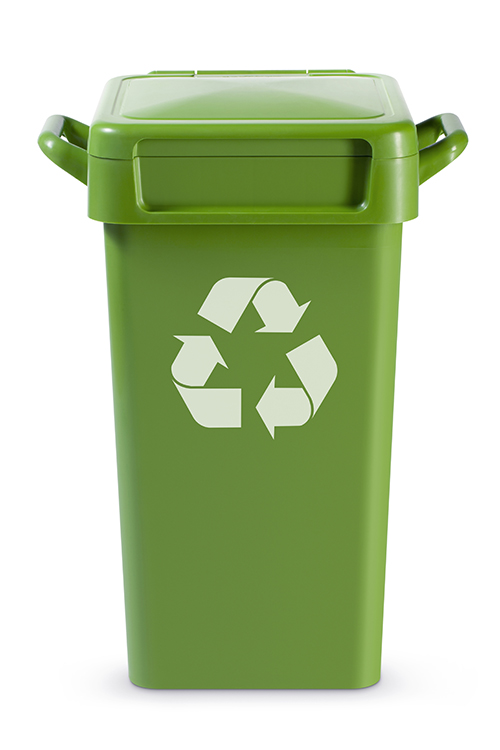 The United States alone generates 1,609 pounds of trash per person each year. And yet, 60% of that garbage is recyclable.
The United States alone generates 1,609 pounds of trash per person each year. And yet, 60% of that garbage is recyclable.
Although it can be a timely process, recycling is a vital benefit to the environment. Landfills decompose trash into harmful gases like carbon oxide and methane, whereas recycling facilities repurpose trash. Products made from recycled plastic bottles and containers might become picnic tables, lawn furniture or playground equipment.
Not only does recycling reduce pollution, it saves energy. And overall, recycling requires fewer materials and natural resources.
|
|
It also improves the economy. A national recycling rate of 75% by 2030 would create 1.1 million new jobs, including positions for technicians, sorters, drivers, machinery maintenance, managers and route managers, and sales representatives.
How to recycle
Aluminum 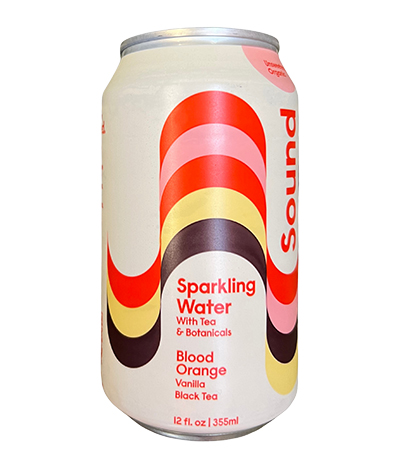
Cans, kitchen foil and takeaway containers
- If you’re not sure if something is aluminum or metallized plastic, scrunch it. Aluminum doesn’t spring back.
- Combine all sheets of foil into one ball.
- Drink boxes, candy wrappers and yogurt tops are considered recycling contamination because the foil is combined with other materials. They should be trashed.
- Baton Rouge uses a single-stream collection method. Crushing cans isn’t necessary for the single-stream process. In fact, crushed cans are actually harder to detect when being sorted at facilities.
- Steel cans are also recyclable. Just remove the lid and insert it into the can.
Paper
Cardboard, cartons, books, gift wrap, magazines, mail, newspaper, paper bags and printer paper
- Always break down and flatten cardboard boxes.
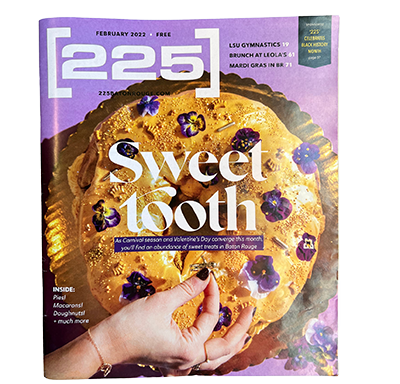
- Don’t add any box that has too much grease.
- Remove the plastic lids, caps and straws from cartons.
- Paperback books are fully recyclable, including the binding.
- Use a black marker to remove sensitive information instead of shredding paper. Shredded paper is more difficult to recycle into new paper.
- Don’t add paper gift wrap when it has a shiny or laminated coating.
- Remove paper bag handles made from plastic, string or ribbon.
Plastic 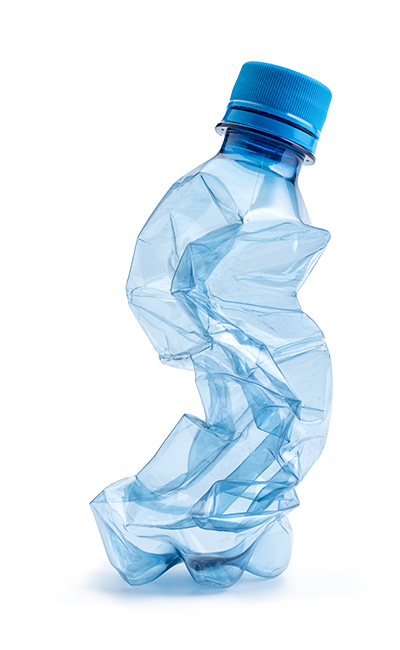
Containers, grocery bags and water bottles
• Check with your local program if it prefers bottle caps on or off beforehand.
• You can leave the label on the bottle.
• #2 and #4 grocery bags are always acceptable.
• Remove anything inside the bags, such as receipts, stickers or crumbs.
Glass 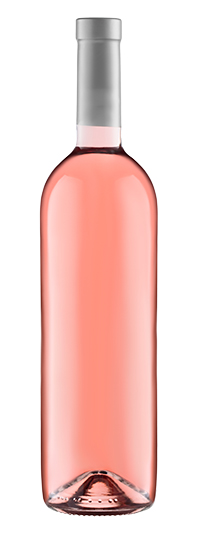
Bottles, jars, jugs and tubes
• Throw away any broken glass. If glass breaks, wrap it in a plastic bag before throwing away so sanitation workers won’t get injured handling it.
This article was originally published in the April 2022 issue of 225 magazine.
Sources: Waste Management, U.S. Bureau of Labor Statistics, City of Baton Rouge, Louisiana Scrap Metal, Eco-Cycle, Earth911 and Progressive Waste Solutions and Waste Connections
|
|
|
